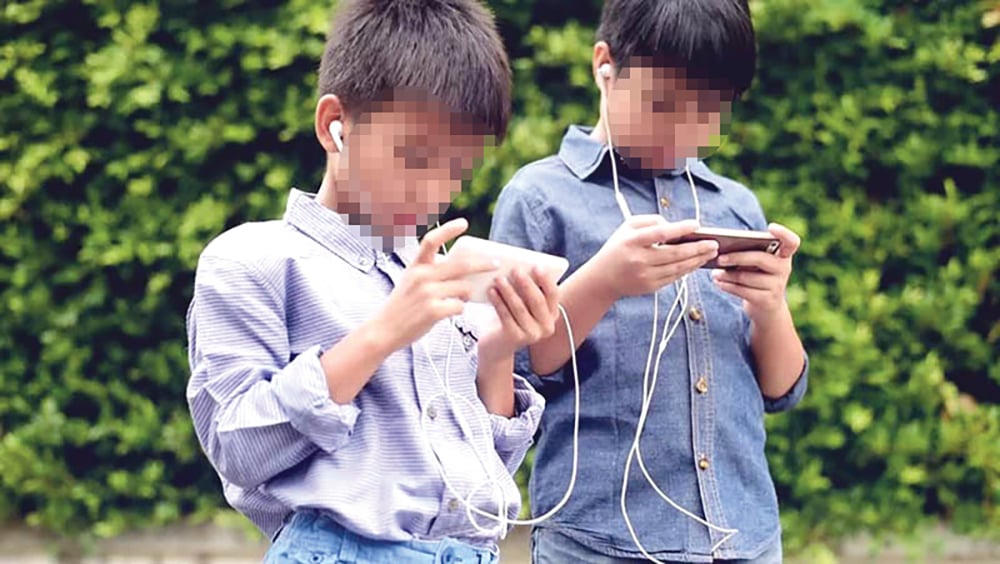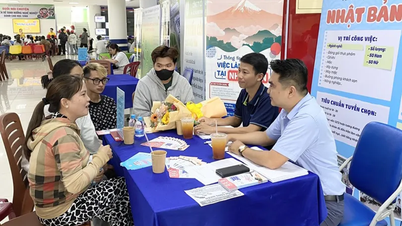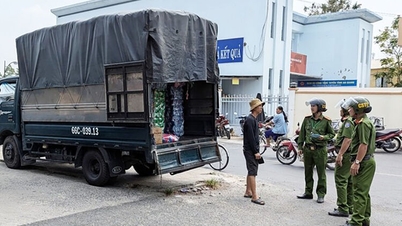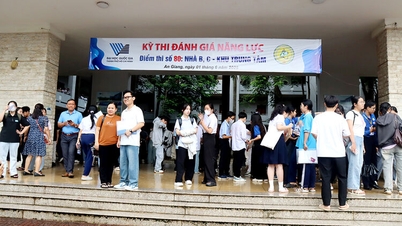Photo: Internet
Using technology is not only an activity of adults, but also a part of the lives of children today. However, the "door" of social networks opens up, also bringing with it a series of problems, such as: Toxic content, online bullying, device addiction, privacy violations, spreading fake news, scams or dangerous challenges that quietly creep into the lives of children.
In the face of potential risks, equipping children with an “immune system” in the online environment is essential. “Digital immunity” is not software or security technology, but a system that synthesizes psychological, skill, cognitive and behavioral abilities, helping children protect themselves when participating in the online environment. When having “digital immunity”, children will know how to distinguish right from wrong, know how to react to negative situations in the online environment, not be dependent on digital devices; form awareness of using technology in a healthy, safe and responsible way.
Ms. Le Thi Hong Nhung (My Phuoc Ward, Long Xuyen City) shared: “My husband and I do not have much time for our two children, so in addition to self-study hours, they entertain themselves with online games and programs. However, I always feel insecure because cyberspace has many factors that affect children, such as: Violent, offensive, provocative content or videos with dangerous challenges, which can easily stimulate imitative behavior in young children. Many harmful contents are disguised as animated videos, children's games, attracting children's curiosity. In addition, malicious comments, ridicule, and cyber violence also occur frequently, I find this very worrying."
Uncontrolled use of the Internet, social networks, and online games can easily lead to addiction, reduce concentration, and affect children's physical and mental development. In addition, when participating in social networks, children often share personal information and images of themselves, which can easily lead to being scammed, lured, or followed by strangers. Behaviors that imitate celebrities on social networks, virtual idols, "hot TikTokers", and "streamers" can also affect children in forming their personality, lifestyle, and values.
To create a strong “digital immune system” for children, the family plays an important role. This is where children’s behavior and attitudes in using social networks are deeply affected. Parents need to accompany their children, instead of just controlling or prohibiting them from participating in the online environment. Rules should be set about the time and content children can view when using social networks; children should understand why it is necessary to set such rules. The behavior of adults is always a lesson that directly affects children, so parents need to set an example for their children in how to use devices and social networks; they need to proactively explore the digital world with their children, learn and play together to guide children to think and behave correctly.
Children's safety in cyberspace is a collective responsibility of the whole society. It is very important to create a foundation of correct awareness, solid skills and stable psychology for young children to navigate in cyberspace. Together with the family, schools play an important role ineducating students to be "digitally immune". Content on digital skills should be integrated into the curriculum and experiential activities. Children need to be educated on how to recognize and evaluate information, how to react when being bullied online, and how to respect others in cyberspace.
The participation of social organizations, unions, and communities is very important. Propaganda campaigns, technology playgrounds, and communication programs on cyber safety for children, etc., should be organized regularly, in a diverse manner, and appropriate for each age group. Features for controlling content, warning of bad content, reporting tools, and handling violations of bad and toxic information on the internet that affect young children need to be developed.
At the same time, the legal framework, policies and related laws need to continue to be improved to promptly protect children from risks from cyberspace. Law enforcement needs to be strict, with clear sanctions for acts of child abuse in cyberspace. At the same time, there needs to be a mechanism to respond to and quickly handle content and accounts that violate the law, ensuring privacy and safety for children when participating in the digital environment.
MY LINH
Source: https://baoangiang.com.vn/tang-cuong-mien-dich-cho-tre-tren-moi-truong-mang-a419467.html

































































































Comment (0)